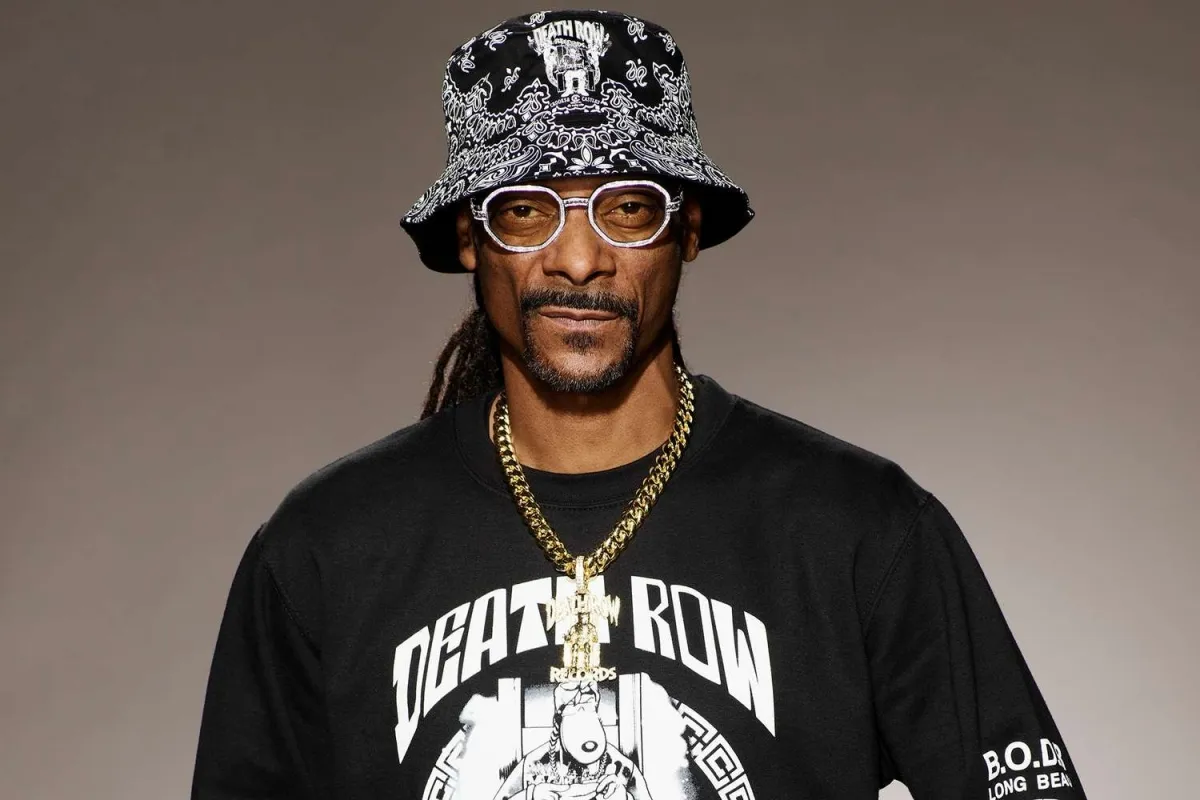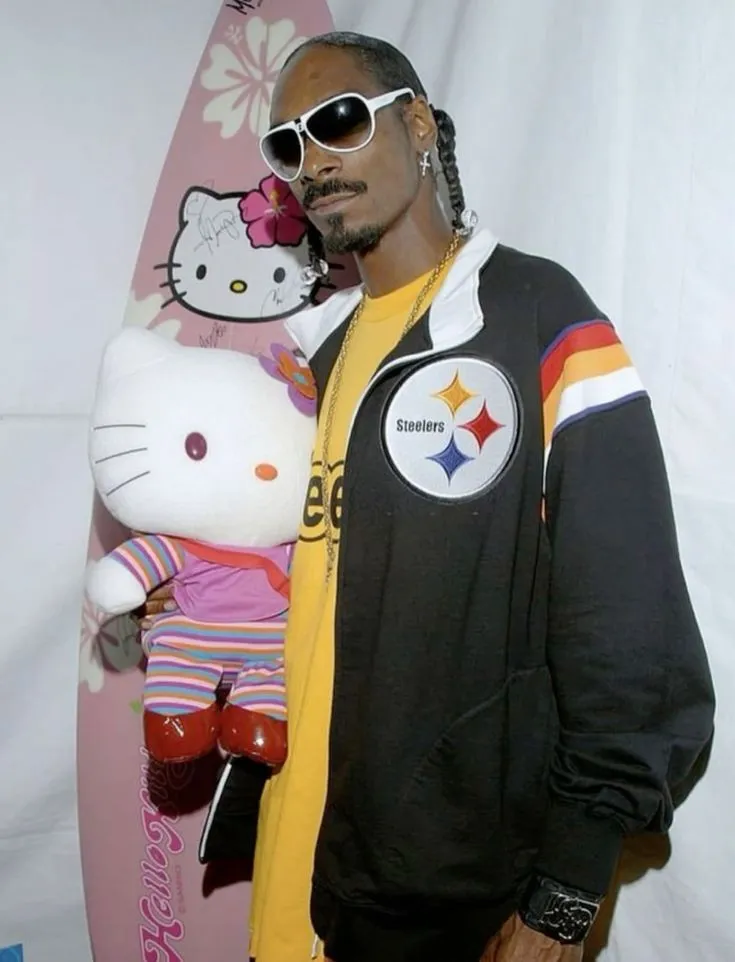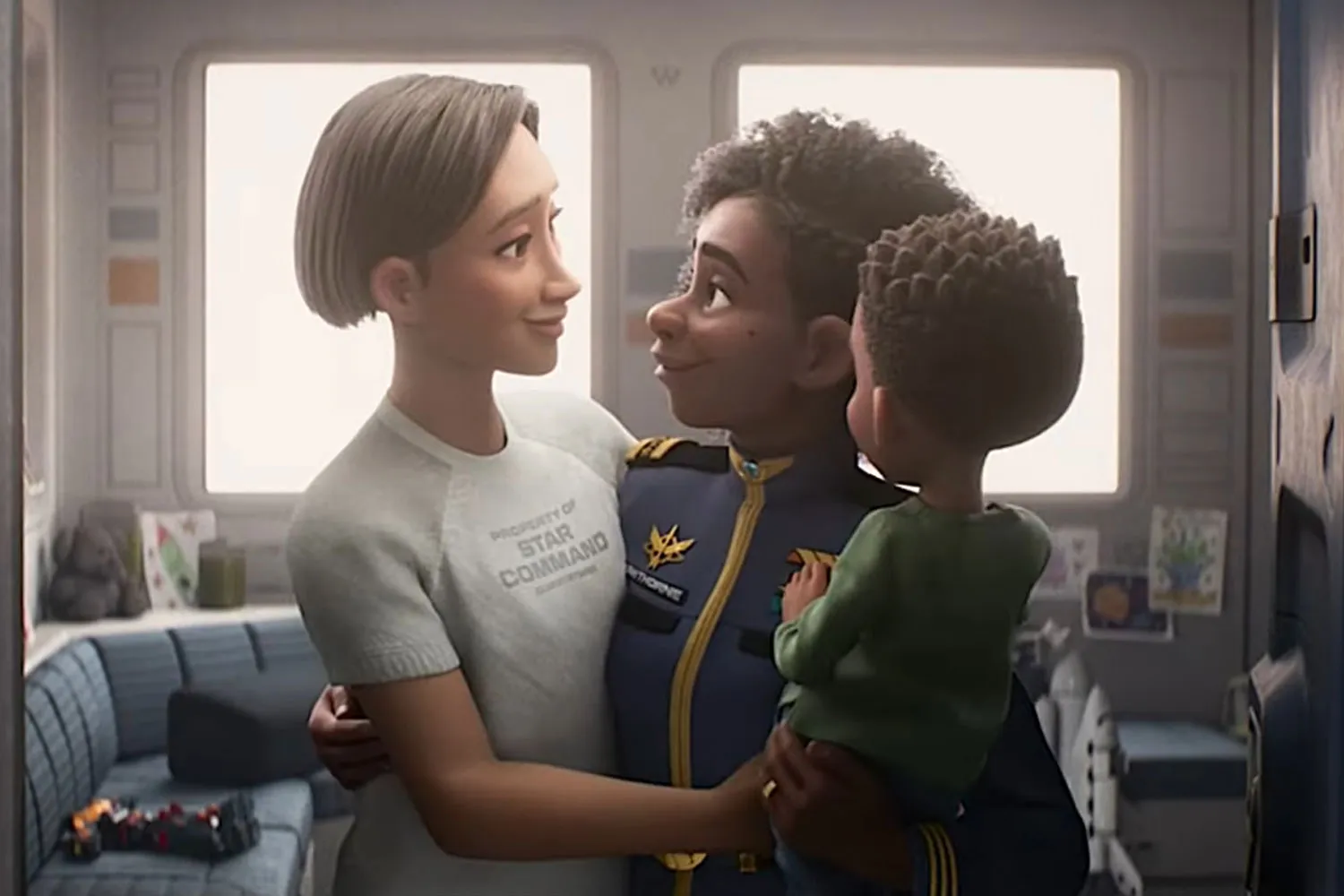

Rapper Snoop Dogg Sparks Backlash Over LGBTQ+ Comments on Children’s Movies
In the world of hip-hop and Hollywood, few names are as universally recognized as Snoop Dogg. The rap icon, entrepreneur, and cultural figure has managed to stay relevant for decades, seamlessly blending music, entertainment, and business into a persona that transcends generations. Yet, even a legend like Snoop is not immune to controversy. His recent comments about the inclusion of LGBTQ+ themes in children’s movies have triggered a fierce backlash, igniting debates across social media, mainstream outlets, and within the entertainment industry itself.
What began as a seemingly offhand opinion has now snowballed into a full-blown cultural firestorm, with critics accusing Snoop Dogg of being out of touch and insensitive, while supporters argue he is exercising his right to free speech. At the center of the storm lies a question that has divided Hollywood, parents, and audiences alike: should LGBTQ+ representation be a part of children’s films, and if so, how much is too much?
Snoop Dogg’s Controversial Remarks
During a recent podcast appearance, Snoop Dogg was asked about the evolving landscape of children’s entertainment, particularly Disney, Pixar, and other studios introducing more diverse characters and storylines. His response was blunt and unapologetic. He expressed discomfort with what he perceived as the “agenda of forcing sexuality” into films aimed at kids, suggesting that LGBTQ+ themes should be kept out of children’s movies entirely.
“I don’t think kids need to be seeing all that at such a young age,” Snoop reportedly said. “Let them grow up first. Let them be children. When you start putting too much of that LGBTQ stuff in the cartoons and movies, you’re taking away from the innocence.”
The comments immediately lit up the internet. While some parents agreed, praising Snoop for “saying what many are afraid to say,” a much louder wave of criticism accused him of spreading harmful rhetoric, erasing representation, and alienating LGBTQ+ communities who have long fought for visibility in mainstream culture.

Social Media Backlash
Within hours of the clip circulating, Twitter (X), Instagram, and TikTok were flooded with heated takes. Hashtags like #SnoopDoggCancelled, #LGBTQRepresentation, and #ProtectTransKids began trending. Influential voices in both the music and film industries called out Snoop, demanding accountability and questioning why an artist who has built a career on breaking boundaries would attempt to restrict representation in media.
One viral tweet read: “Snoop Dogg made his millions off explicit lyrics, violence, and objectification of women, but now he wants to preach about protecting kids from LGBTQ+ characters? The hypocrisy is loud.”
On TikTok, young creators and activists stitched his interview, responding passionately about the importance of children seeing themselves reflected on screen, whether they are gay, trans, or come from diverse families. Many argued that Snoop’s comments reflected a generational gap, highlighting how younger audiences are far more accepting of inclusivity compared to older generations.
Hollywood Reacts
The controversy didn’t stay confined to social media. Hollywood insiders and celebrities began weighing in, making the debate impossible to ignore. Actors who have voiced LGBTQ+ characters in animated films defended the representation, pointing out that visibility saves lives by fostering understanding and reducing stigma for LGBTQ+ youth.
Film critics also joined the conversation, noting that representation in children’s movies has historically lagged behind societal progress. For decades, queer characters were either hidden, coded, or erased entirely. Only recently have studios begun introducing openly LGBTQ+ characters in mainstream family films, from Pixar’s “Onward” to Disney’s more inclusive casting choices.
Snoop’s comments, they argued, risked undoing this progress by legitimizing the idea that LGBTQ+ identities are inappropriate or unsuitable for children.
The Double Standard Debate
Perhaps the most striking aspect of the backlash is the accusation of hypocrisy. Many critics pointed out that Snoop Dogg has built his legacy on music filled with adult themes, including violence, drug use, and sexual content. Yet, when it comes to LGBTQ+ representation, he draws the line at children’s media.
This perceived double standard has fueled frustration. Parents and fans alike have noted that if Snoop’s own music—which has never shied away from explicit content—was considered acceptable enough to coexist in popular culture, then why should LGBTQ+ identities, which are simply reflections of real people, be excluded from children’s films?
Some have also tied the controversy to a larger discussion of celebrity privilege. Snoop, with his wealth and influence, can voice such views with little immediate consequence, but the ripple effects impact vulnerable LGBTQ+ communities, particularly youth who already face bullying, marginalization, and higher rates of mental health struggles.
Supporters Rally Behind Snoop
Still, Snoop is far from alone. While critics dominate the online conversation, a significant portion of his fanbase has come to his defense. Supporters argue that Snoop is being unfairly targeted for expressing a personal opinion, one that resonates with many parents who feel overwhelmed by the rapid pace of cultural change.
In Facebook groups and conservative media outlets, his comments have been framed as “common sense” rather than hate speech. Commentators claim that children’s entertainment should focus on fun, imagination, and life lessons, not what they perceive as political or sexual agendas. For these supporters, Snoop has become an unlikely spokesperson for parental concerns about media overreach.
Cancel Culture vs. Free Speech
This controversy has once again reignited the cancel culture debate. Should celebrities be held accountable for opinions that some find harmful, or does this stifle free speech? Snoop Dogg has yet to issue a formal apology, and given his long history of navigating public scandals, it’s unlikely he will back down easily.
Instead, many expect him to double down, using the backlash as proof that he struck a nerve in a culture war where celebrities are increasingly caught between progressive expectations and conservative audiences. In some ways, the controversy has only strengthened his image as someone unafraid to speak his mind, regardless of public opinion.
The Bigger Picture: LGBTQ+ Representation in Children’s Media
The firestorm surrounding Snoop Dogg cannot be viewed in isolation. It taps into a much larger cultural debate about what role LGBTQ+ representation should play in children’s movies. Advocates argue that inclusion is not about sexualizing content but about reflecting reality. Children today grow up in diverse households, with same-sex parents, queer relatives, and classmates who may identify differently. For them, seeing characters who mirror their lives is affirming, not harmful.
Opponents, however, often frame the issue as one of parental rights. They argue that parents, not media companies, should decide when and how their children learn about LGBTQ+ identities. This tension has fueled school board fights, book bans, and now, celebrity controversies.
By inserting himself into this debate, Snoop Dogg has become a lightning rod for a conflict that extends far beyond Hollywood gossip columns. His comments are not just about movies—they touch on how society defines childhood, family, and morality in an era of rapid cultural change.

Impact on Snoop’s Legacy
Snoop Dogg is no stranger to controversy. From his early days in gangsta rap to his reinvention as a beloved pop culture figure who cooks with Martha Stewart and stars in family-friendly commercials, he has built a career on adaptability. But this particular controversy feels different because it intersects with deeply personal issues of identity and acceptance.
For some fans, his comments have permanently tarnished his image, undermining the “cool uncle” persona he has cultivated in recent years. For others, it’s simply another example of Snoop refusing to conform to industry expectations. How this plays out will depend on whether the backlash has lasting consequences—such as lost brand deals, strained industry relationships, or diminished fan support.
Where Do We Go From Here?
As of now, Snoop Dogg has not issued further clarification. His silence has only fueled speculation about whether he will double down, attempt damage control, or let the controversy blow over. Meanwhile, LGBTQ+ advocates continue to use this moment to spotlight the importance of visibility in children’s media, ensuring that the debate does not get lost in the noise of celebrity drama.
Ultimately, this incident underscores the fragility of cultural progress. Representation that many take for granted can still provoke fierce backlash, especially when challenged by influential figures. The fight for inclusivity in Hollywood remains ongoing, and Snoop Dogg’s comments have become the latest flashpoint in that struggle.
Conclusion
The backlash against Snoop Dogg over his LGBTQ+ comments in children’s movies is not just about one celebrity’s opinion—it is about a cultural crossroads. On one side are those demanding representation, visibility, and acceptance for LGBTQ+ communities in all forms of media. On the other are those who believe such themes should be shielded from children until they are older.
Snoop Dogg’s star power has amplified this debate in ways that few others could. Whether this controversy will dent his legacy or simply add another chapter to his long history of public disputes remains to be seen. What is certain, however, is that the conversation about LGBTQ+ inclusion in children’s entertainment has never been more urgent—or more polarizing.


















